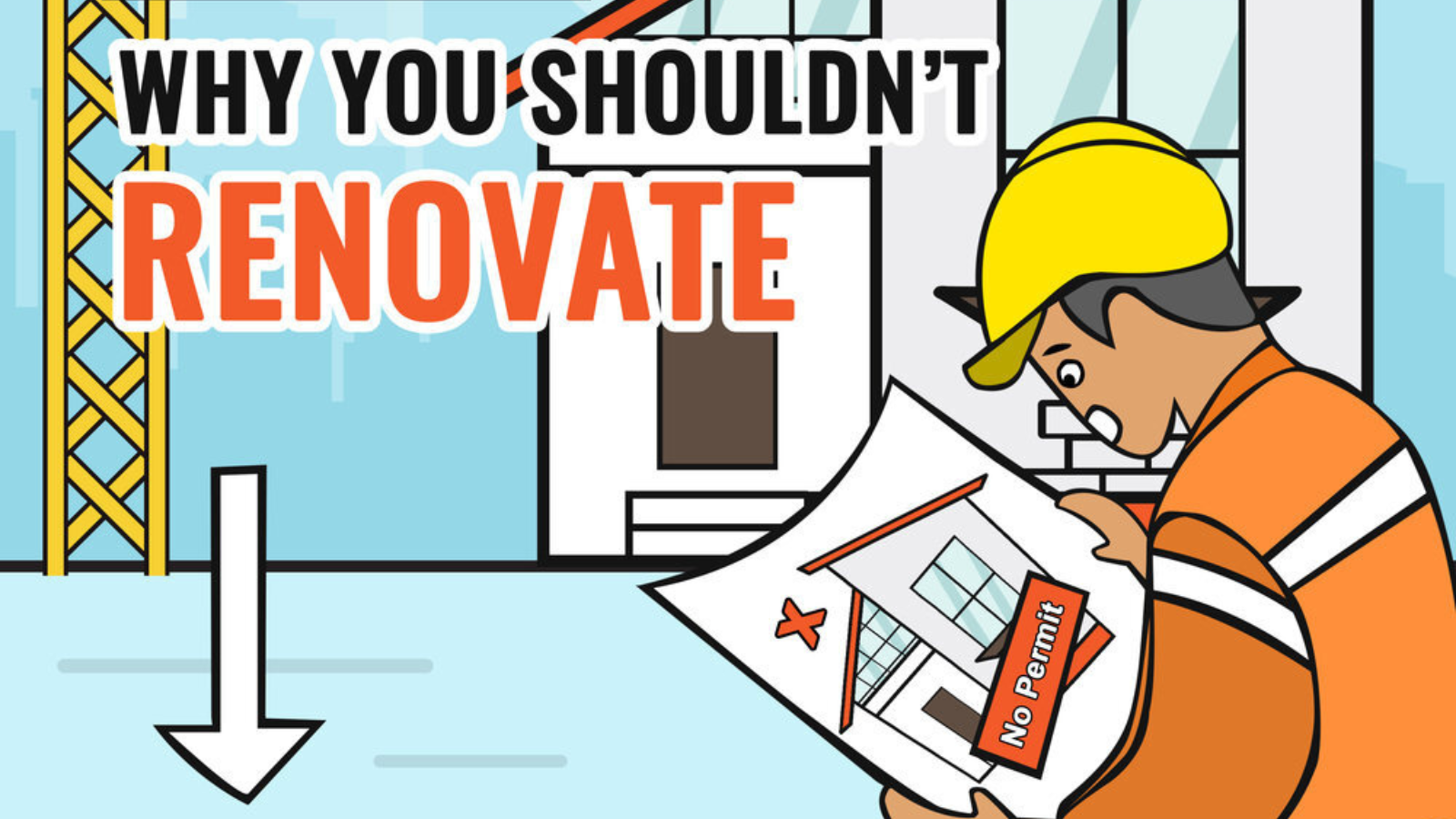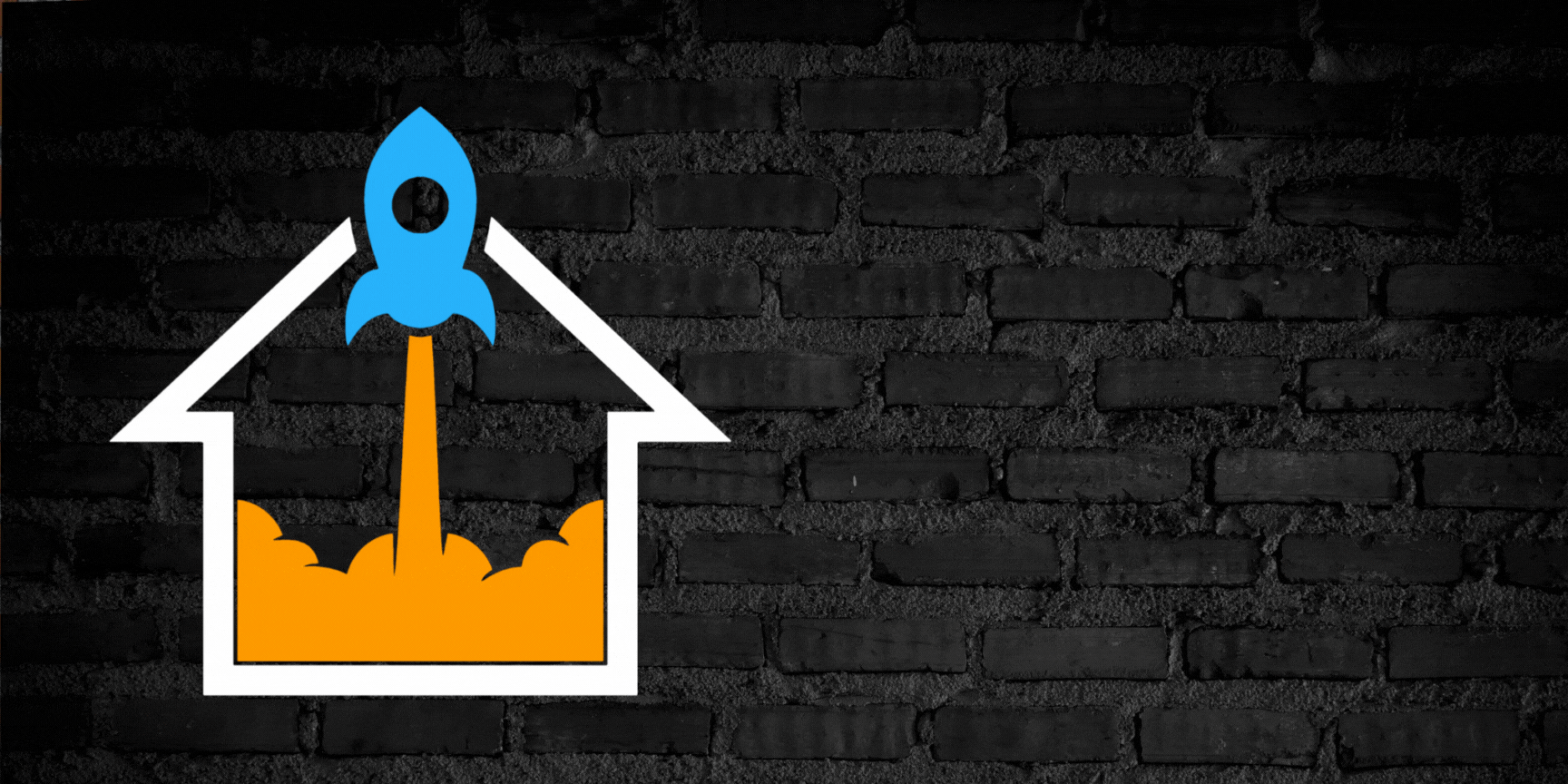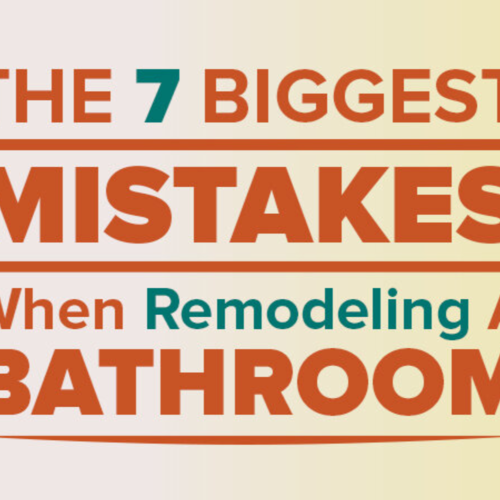Renovating your home is an exciting endeavor that can add value and satisfaction to your beloved abode. Stepping into a new room, a finished basement, or a renovated bathroom can bring a sense of joy and accomplishment. However, before you embark on any home renovation project, it’s crucial to understand the importance of obtaining the necessary permits. In the Bay Area, skipping the permit process can have serious consequences. In this article, we’ll explore seven reasons why renovating without a permit in the Bay Area is a big no-no.
1. Legal Compliance and Safety
Obtaining a permit for your home renovation project is not just a bureaucratic formality; it’s a legal requirement designed to ensure the safety and compliance of the changes being made to your property. Building codes and regulations exist to protect homeowners and occupants from potential hazards, such as faulty electrical wiring or inadequate structural modifications. By obtaining a permit, you demonstrate your commitment to following these regulations, which ultimately helps maintain the safety and integrity of your home.
2. Professional Workmanship
When you hire licensed and reputable contractors for your home renovation project, they understand the importance of obtaining the necessary permits. These professionals are well-versed in local building codes and regulations, and they will only proceed with the work once all the required permits are in place. By working with such contractors, you can have peace of mind knowing that your project will be executed to the highest standards of workmanship and compliance.
3. Property Value and Appraisal
Renovating your home without proper permits can have a negative impact on its value. When it comes time to sell, potential buyers and appraisers will take into consideration any un-permitted work that has been done. In the Bay Area, where property values are high, buyers are particularly cautious about investing in homes with un-permitted additions or modifications. The presence of un-permitted work may raise concerns about the quality and safety of the renovation, potentially leading to lower offers or difficulty in securing financing.
4. Insurance Coverage
Another significant risk of renovating without a permit is that it may invalidate your homeowner’s insurance coverage. Insurance policies typically require that any modifications or additions to your home be done with the appropriate permits and in compliance with building codes. If an accident or disaster occurs in an unpermitted area of your home, your insurance company may deny your claim, leaving you responsible for the damages and potentially facing a costly legal battle. It’s essential to protect yourself and your investment by ensuring that all renovations are properly permitted and covered by your insurance policy.
5. Potential Legal Consequences
Renovating without a permit can result in legal consequences. In the Bay Area, local municipalities take unpermitted work seriously and have the authority to issue stop-work orders, impose fines, and even require the removal of the unpermitted work. These actions can be costly and time-consuming, undoing all the progress and investment you’ve made in your renovation. It’s crucial to understand and comply with local regulations to avoid these legal headaches.
6. Buyer Confidence and Marketability
When it’s time to sell your home, having un-permitted work can significantly impact buyer confidence and the marketability of your property. Prospective buyers are looking for a safe and secure place to call home, and un-permitted modifications can raise concerns about the quality and integrity of the renovation. Buyers may question the qualifications of the contractors you hired or worry about potential long-term problems arising from unpermitted work. Working with a real estate agent who can verify that all necessary permits were obtained can help alleviate these concerns and make your home more attractive to potential buyers.
7. Future Home Improvement Plans
Renovating without a permit can also have implications for future home improvement plans. Suppose you decide to undertake additional projects in the future that require permits, such as adding a new room or expanding the existing footprint of your home. In that case, the presence of unpermitted work may complicate the permit approval process and potentially delay or hinder your future plans. By obtaining permits for your current renovations, you set yourself up for smoother and more straightforward future home improvement projects.
In conclusion, renovating without a permit in the Bay Area is a big no-no for several reasons. It’s crucial to comply with local regulations, obtain the necessary permits, and work with licensed and reputable contractors to ensure the safety, value, and marketability of your home. By following these guidelines, you can embark on your home renovation projects with confidence, knowing that you’re making the right choices for your property and your future.





